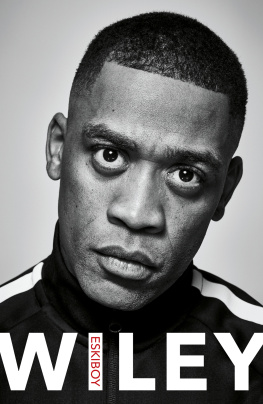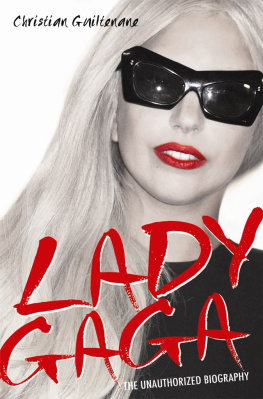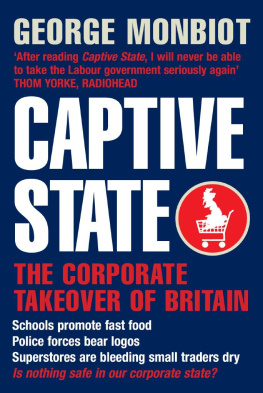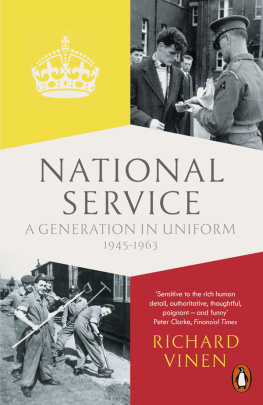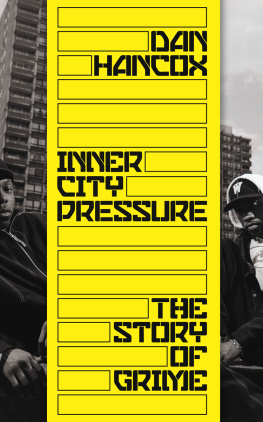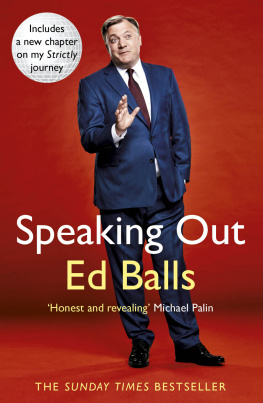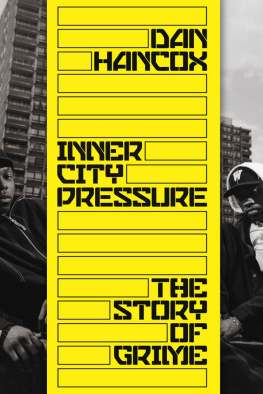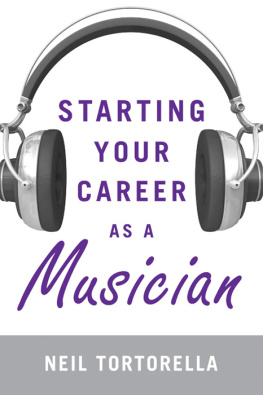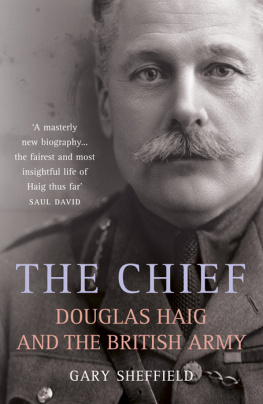About the Author
Richard Kylea Cowie, better known as Wiley, is an MC, producer, writer and recording artist.
Twitter: @WileyUpdates
Instagram: @wiley__
Facebook: /OfficalWiley
About the Book
I hate bullshit books. Ive read a lot of biographies. Most of them are boring. I dont want to put out the same old story. Its no use trying to make yourself look good, or better than you are. I always say I need everything to be as real as it can possibly be even if I come off worse because of it. Youve got to be able to see it
Richard Kylea Cowie, or Wiley, is one of the most innovative and influential musicians of today. Over the course of twenty years he has redefined British music: releasing ten top-twenty singles, selling over 4 million records, and helping to launch a new generation of stars. He started a movement in east London in the early 2000s that is now beginning to take over the world.
Eskiboy tells his story in full, for the first time, from childhood trauma to white-label releases to lifetime achievement awards and beyond. In 96 short chapters, it covers the friendships and rivalries and the tragedies and triumphs of two decades in music, and explores the history and future of grime and the Eskimo Sound.
Featuring lyrics, never-before-seen photographs and contributions from the people who know him best, Eskiboy is a celebration of a singular musical icon, and the world he has created.
Acknowledgements
First and foremost, thank you to everyone who took time out to help with the book, especially Flow Dan, Jamie Collinson, Logan Sama, Scratchy and Wretch 32. A big thank you to June Cowie for the photographs.
Secondly, thank you to the fans. Without you I wouldnt be here.
Thank you to my manager John Woolf, and to Twin B for putting us together in the first place. Thank you to everyone in the industry who has helped me in any way particularly the record labels, DJs and radio stations who supported my music from the beginning.
Thank you to Tom Avery, Ash Sarkar and everyone at Penguin Random House.
Love and respect to my brothers in BBK.
A special dedication to my family, particularly to my father Richard, and to my sister Janaya, who are the people who really made this book happen. Thank you for everything.
And last but not least, a big thank you to Hattie Collins.
1. Growing Up
Richard Senior
I lived in Limehouse when I was growing up, but I went to school in Bow. East London back then was nothing like it is now. It wasnt the safest place in the world, but it was home. There was a real sense of community. Everybody knew everybody. I mean, I was one of eight, and we had extended family everywhere.
I was the only one to go to school in Bow. And that was how I met Kyleas mum. She was the sister of one of my best friends, Junior. So I used to go and see Junior a lot where they lived, in the Isle of Dogs, or what was called the Isle of Dogs back then, and just got to know the family. They used to come over to see my sisters. It went from there. We just met up, really. We got married when I was twenty-two.
I was in a band called Tribe at that time. The band was good, but it was a lot of work. We didnt have much money, so we had to make do with what we had. We were booked to do a gig in Gravesend once, but when the day came we realised we had no car, and these massive speakerboxes. Everyone said no, we cant do it, weve got speakerboxes. But I said yes, we can, lets just get the train. So we carried the speakerboxes to London Bridge, got everything on the train, carried them to the venue, wired them up, did the gig, and then had to carry them home again. That was how it was. But the shows were electric. Grabbing the mic was commonplace. Everyone wanted to be the best, everyone wanted to do their thing. Competition was fierce. There was a real energy to the music. I loved it.
Then we moved to Kent. The band kept going. Every Sunday, or nearly every Sunday, wed be jamming. Thats all I did. Jamming and listening to music. I liked heavy bass, hard-hitting music. At that time, as a Rasta, it was about dub, it was about reggae, soul, Motown. Maybe some new jack swing. I listened to a lot of music. There was always music in the house. A lot of tapes, a lot of vinyl, but also a lot of playing. Footsies dad had a sound system called King Original. There were a few other sound systems that we listened to, when we went to dances and that.
I was in my early twenties when I had him. It kind of changed me in a lot of ways. Everything started to change when I brought him home. I named him Richard, but soon we all started calling him Kylea. Kylea is his mothers name for him. Might have had a couple of rums Weve got like little nicknames for him as well. My mum calls him Kylea or Kat.
For the first few years or so, I kept going with the music. His bedroom was our rehearsal room. Or our rehearsal room became his bedroom, when we brought him home. My son had his cot in the corner, and that was it. Sometimes wed leave him in there while we were playing, not loud, you know, and I used to watch him. He always used to listen, listen to what we were doing. Even when he was a baby, he was paying attention. And one day he climbed out of his cot and came over to the drums, started banging on them.
As a child he was very inquisitive, very sharp, very helpful. He didnt like any form of disappointment. If he knew you were trying to do something, he would help you, without even thinking about it.
I made a set of headphones at the time. The headphones I was using werent heavy enough, bass-wise, so I made my own out of some small speakers. I wanted maximum bass, but clean, you know. They were good. They used to make your ears hot. Sometimes Id catch him with the headphones on, listening along with the music. Or Id see him touching the keys on the piano, trying to find melodies, trying to find something.
Music was kind of our thing, really. The band used to rehearse down in Tunbridge, and I used to take him with me, religiously. And whenever me and his mum had a little fight or something nothing serious, you know, just the usual arguments Id get him and go off to rehearse. It was a nice adventure.
*
That all ended really when I had a disagreement with his mum one day, and she threw my guitar out of the window. That was a wake-up call for me. I wasnt making any money from music, and not really doing anything that was going to get me money in any real way, so I had to decide at that time whether I was going to continue with the music, or go for a conventional job.
I started looking for a job, and three came along at once. One was in a lighthouse. It was right at the edge of London, by the river, all the way down this narrow road. I got to the lighthouse and met the lighthouse keeper or whoever he was, and we had a chat. I cant remember what the job was exactly, but I think a large part of it was just sitting in the lighthouse. I mean, it would have killed me. He said, It seems like youre a little overqualified for this. In the end, I took a job with British Telecom, and moved back to London.
2. Making Music
My very first memory of music is my dad playing his bass guitar. I think we were living in Kent at that time, and he must have put on a video, probably an old reggae video, a show like Sting or whatever. I remember watching the show, watching the drummer, watching the singer, and watching my dad playing along on his guitar, this heavy reggae bass line. I was interested.

